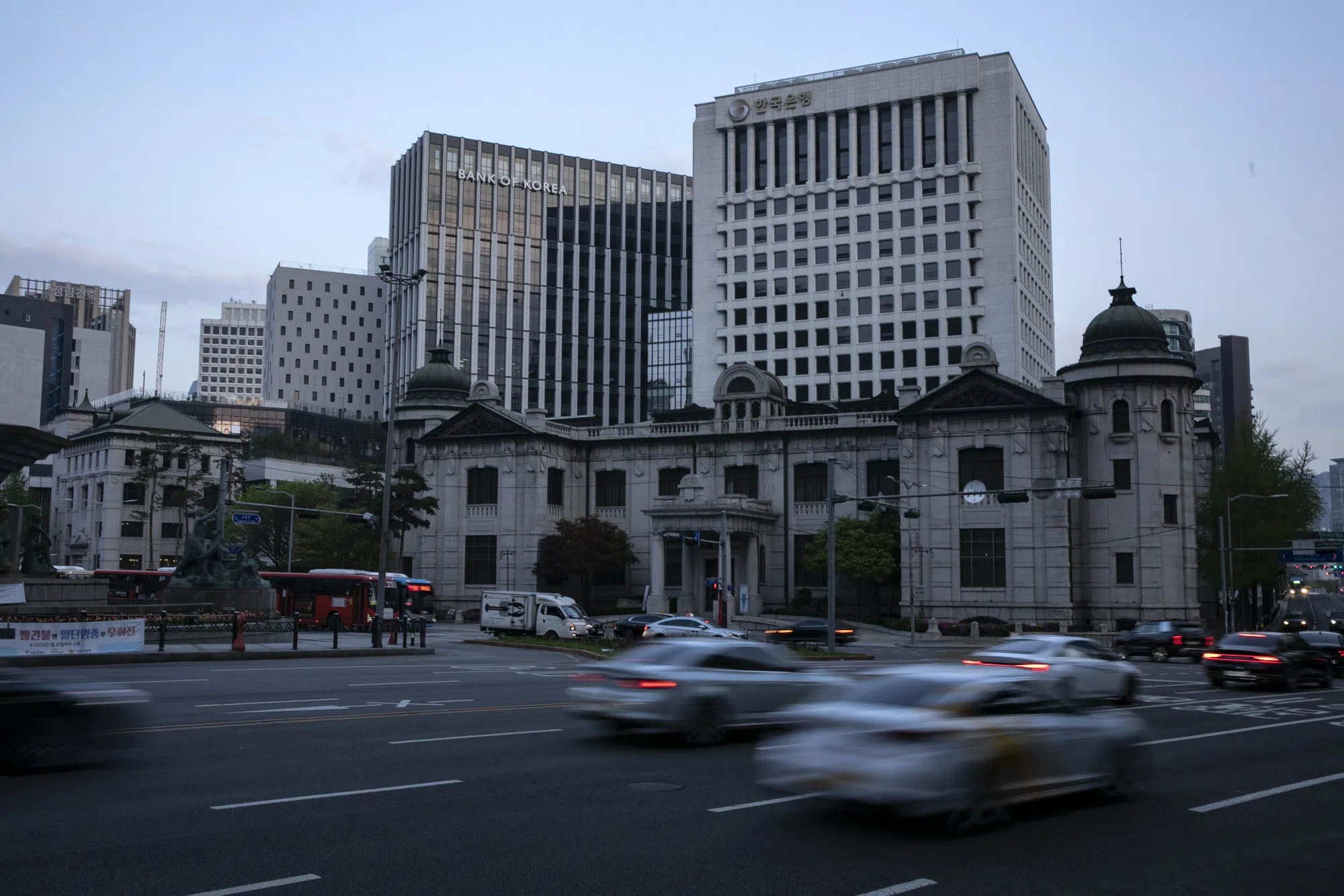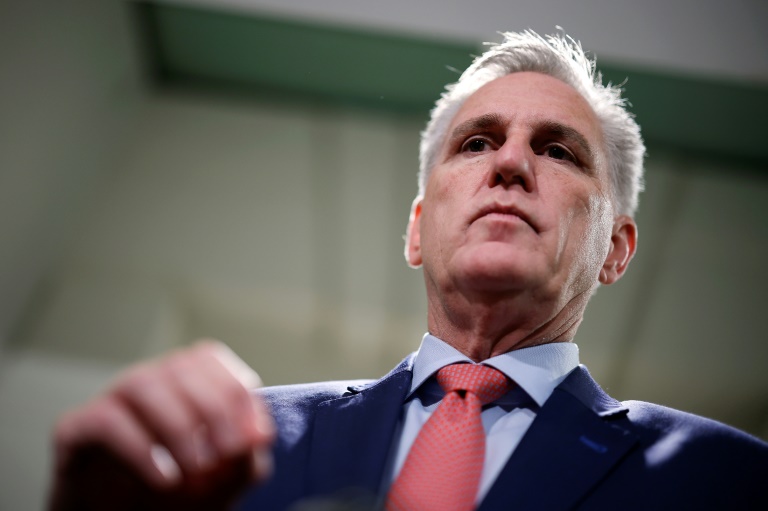THE Bank of Korea (BOK) said it will consider the timing to reduce its benchmark interest rate while keeping its policy restrictive, suggesting its cautious approach remains ahead of a key decision next month.
In a regular report to parliament, the central bank said on Thursday (Sep 12) that risks for financial stability will be the most important factor along with economic growth, as it moves to determine the speed and timing of a rate cut. Hwang Kunil, the board member identified as the leading author, called for being mindful about the impact of a cut on those mandates, which are often seen as conflicting with each other.
The BOK has kept its rate at 3.5 per cent since early 2023 in the longest holding streak on record. It’s now mulling a cut as inflation slows in a trend consistent enough to give them confidence price pressures will stay under control.
A surge in home prices in the capital, Seoul, and its surrounding area has kept the board from going ahead with a policy pivot in recent months. Authorities are concerned that a cut could fuel an overheating of the property market across the country, and exacerbate household debt loads.
The BOK said on Wednesday that South Korea’s bank lending to households rose the most since 2021 in August, led by a record increase in mortgage loans. BOK governor Rhee Chang-yong told reporters earlier this month that financial imbalances would be considered when the board meets again in October, even though a slowdown in inflation paves the way for the central bank to consider a rate reduction.
The bank said in its report it will also assess volatility in international financial markets, and the effectiveness of government measures to cool the housing markets. There is lingering caution about foreign exchange markets while increases in household debt continue, it said.
Monetary policy will be managed in a way that will allow inflation to be settled around the mid-term target of 2 per cent, it said, adding that growth momentum will also be assessed. The BOK has credited its restrictive policy with taming price pressures so far.
The central bank currently sees the economy expanding by 2.4 per cent this year, a projection that is more optimistic than the one it had at the start of 2024, as an export rally helped boost growth momentum. Meanwhile, inflation last month decelerated to 2 per cent in the lowest reading in more than three years. BLOOMBERG







